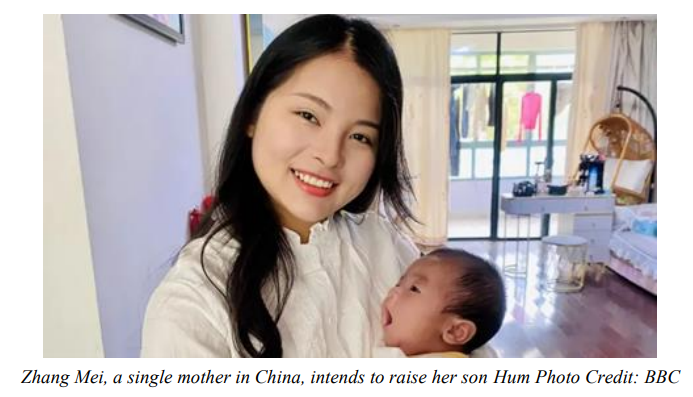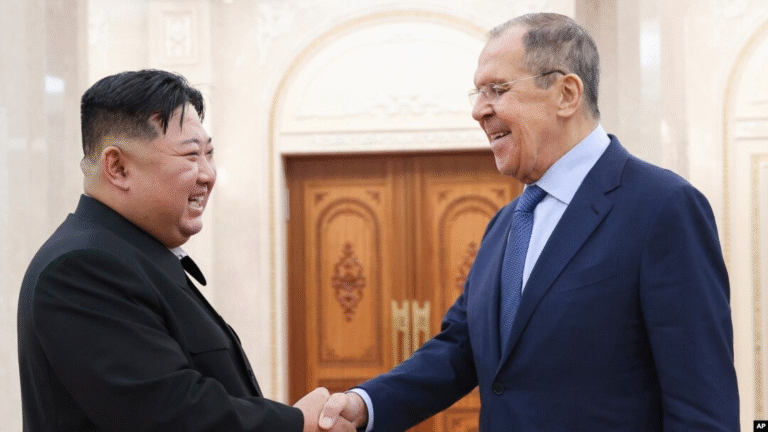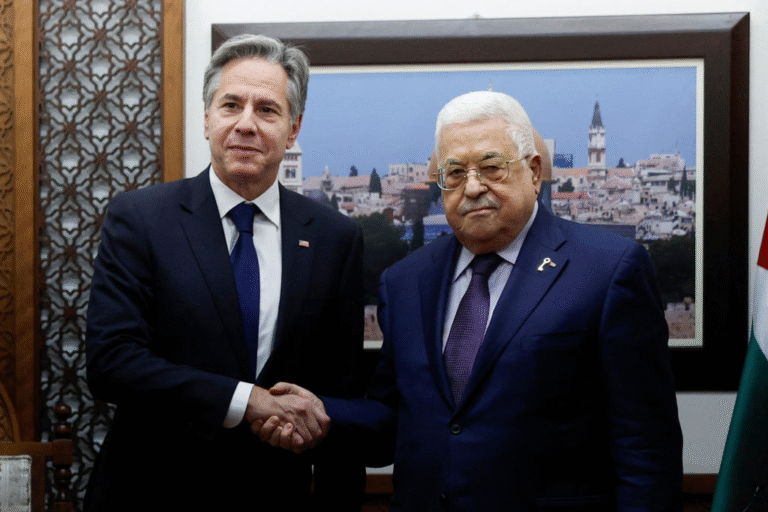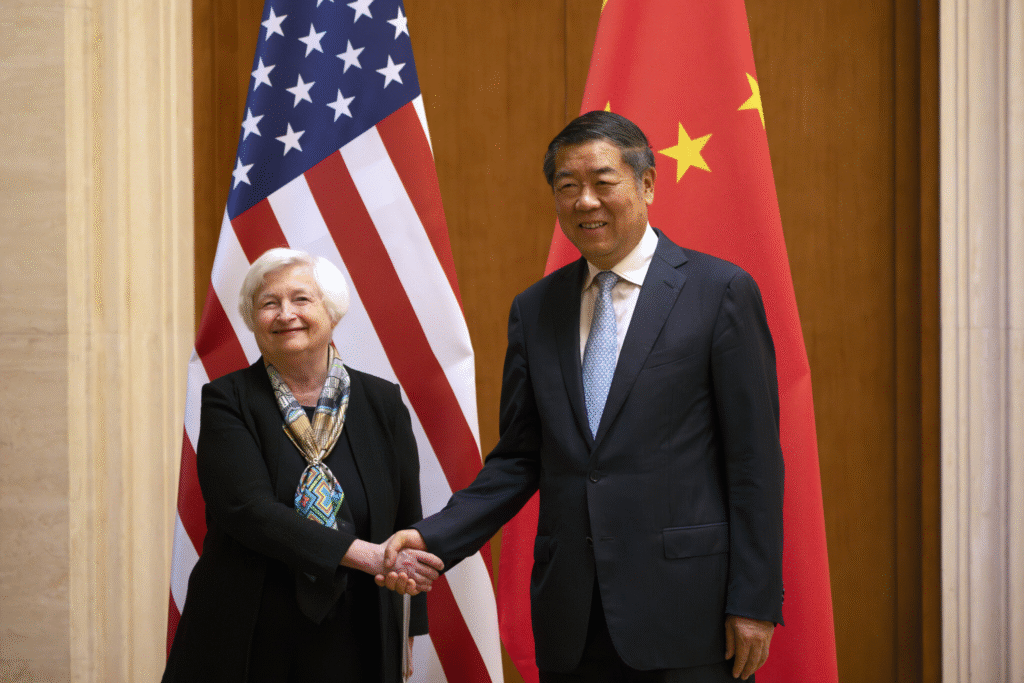
Secretary of the Treasury Janet Yellen with Chinese Vice Premier He Lifeng
Mark Schiefelbein via Reuters
Kevin Zhang, Research Assistant
The America-Eurasia Center
www.eurasiacenter.org
The America-Eurasia Business Coalition
www.usebc.org
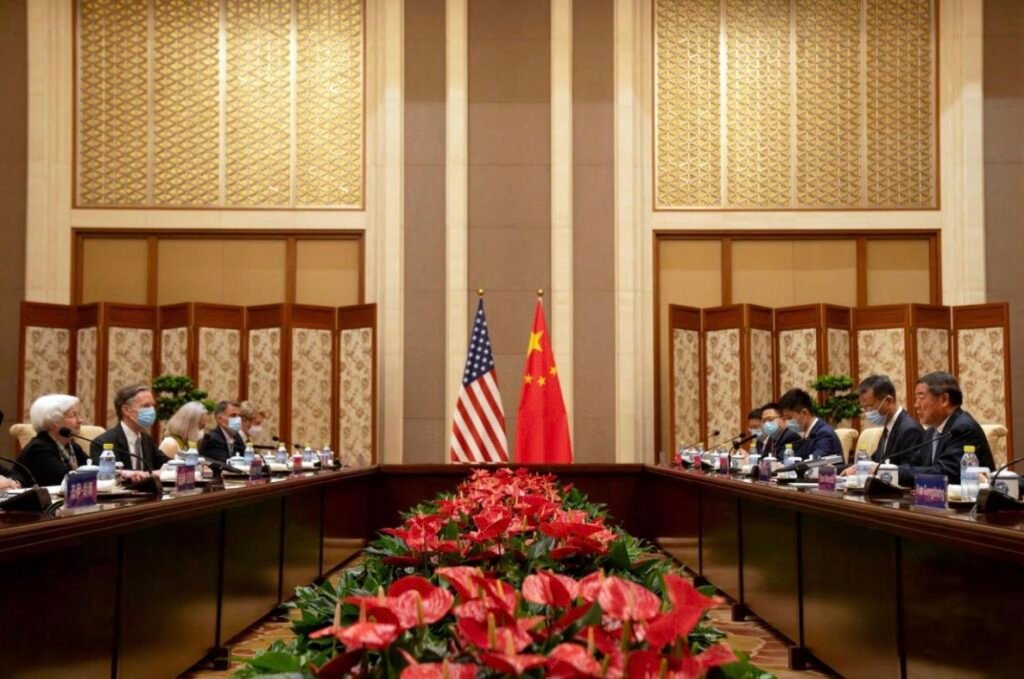
Meeting at the Diaoyutai State Guesthouse in Beijing, China
Mark Schiefelbein via Reuters
Secretary of the Treasury Janet Yellen visited China on July 9th, 2023, to deepen
communications with China over economic issues and provide transparency to national security
concerns. A crucial part of her visit was to meet the recently appointed Vice Premier He Lifeng
and his Economics team to understand the outlook of the Chinese economy and how it would
impact America. She spoke with Vice Premier He and other top-level policymakers for over 10
hours about reopening the Chinese economy, the Russia-Ukraine conflict, the environment, and
most importantly, the US-Chinese rivalry in chip manufacturing.
Yellen’s visit comes at a turbulent time in US–Chinese relations, with tensions in the Taiwan
straits following Pelosi’s visit to Taiwan last year, an alleged spy balloon over US territory earlier
this January, and the reported establishment of a Chinese listening post in Cuba this summer.
Yellen’s diplomatic mission is also the first visit by the Secretary of the Treasury in over three years
since the beginning of the COVID-19 pandemic. She explained that “the world is big enough for
both of our countries to thrive” and that her goal was rectifying the significant disagreements
between the two powers to hopefully create an environment where they would work through
healthy competition.
Chip Wars
A major thorn in US-China relations has been the rapid decoupling of technology from
Chinese supply chains as the United States attempts to maintain a lead over its competitors. While
China is a world leader in advanced technologies such as AI, its manufacturing lacks and requires
imported chips to hone its other advantages. The Biden administration has taken advantage of this
situation to create measures such as the Inflation Reduction Act, which seeks to subsidize batteries
made in The United States to draw away from Chinese-made batteries, and the CHIP and Science
Act, which strengthens domestic semiconductor production with the clause that corporations who
receive funds cannot work with China to freeze out the country. Last November, the United
States also created unprecedented export controls requiring strict government licenses to import
chips. The Chinese government has stated that these acts contain discriminatory clauses that make
unfair playing fields and have lambasted the United States for stunting China’s growth. China had
also fired back at the United States just a few days before Yellen visited with export controls of
their own on gallium and germanium, two crucial rare earth metals required in the production of
chips.
Yellen came to China to explain that the United States was not attempting to decouple from
the Chinese economy but rather diversify supply chains for a healthier economy. She stated, “We
know that decoupling the world’s two largest economies would be disastrous for both countries and
destabilizing for the world, ” but also stressed the difference between decoupling and diversifying.
She stated that they need to diversify certain targeted supply chains from China in the interests of
national security. Yellen followed this statement by explaining that these restrictions are
“transparent, narrowly scoped, and targeted to clear objectives” and are strictly for national security
concerns and not to gain economic advantage. A significant issue with the recent tension caused by
the chip rivalry is the fear that it would spill into other sectors, with many American corporations
citing pressure from the Chinese government in recent years. She stated that the two countries
needed to trade freely in different industries and not let these specific security concerns ruin their
trade relationship.
Conclusion and Future Considerations
Even though the delegates negotiated for over 10 hours, they left the conference without
substantial agreements. While both sides talked about how cordial and responsive the meeting was,
there has been no resolution to the chip situation. The United States is considering new restrictions
on AI chips shipped to China as of July 2023.
Yellen, however, still described her trip as successful because she attained her goals of more
bilateral communication. She departed China without new policies but did help solidify
communication between the countries. The United States now has a new team on the economic side
in Beijing, where there can be more direct person-to-person communications. She stated that her
“trip has been successful in forging those relationships and creating the opportunity for a deeper set
of more frequent contacts at our staff levels.”
It’s important to remember that her visit to China is the first visit by the Secretary of the
treasury in over three years. Her visit marks the reemergence of high-level diplomacy between the
United States and China, started by Blinken and continued by Kerry. The United States is actively
sending multiple secretaries and diplomats to China instead of being stuck in the limbo they have
been in since COVID-19. Yellen’s visit to China can be summed up as a small step towards
restarting relations, but one that is necessary for further cooperation.
